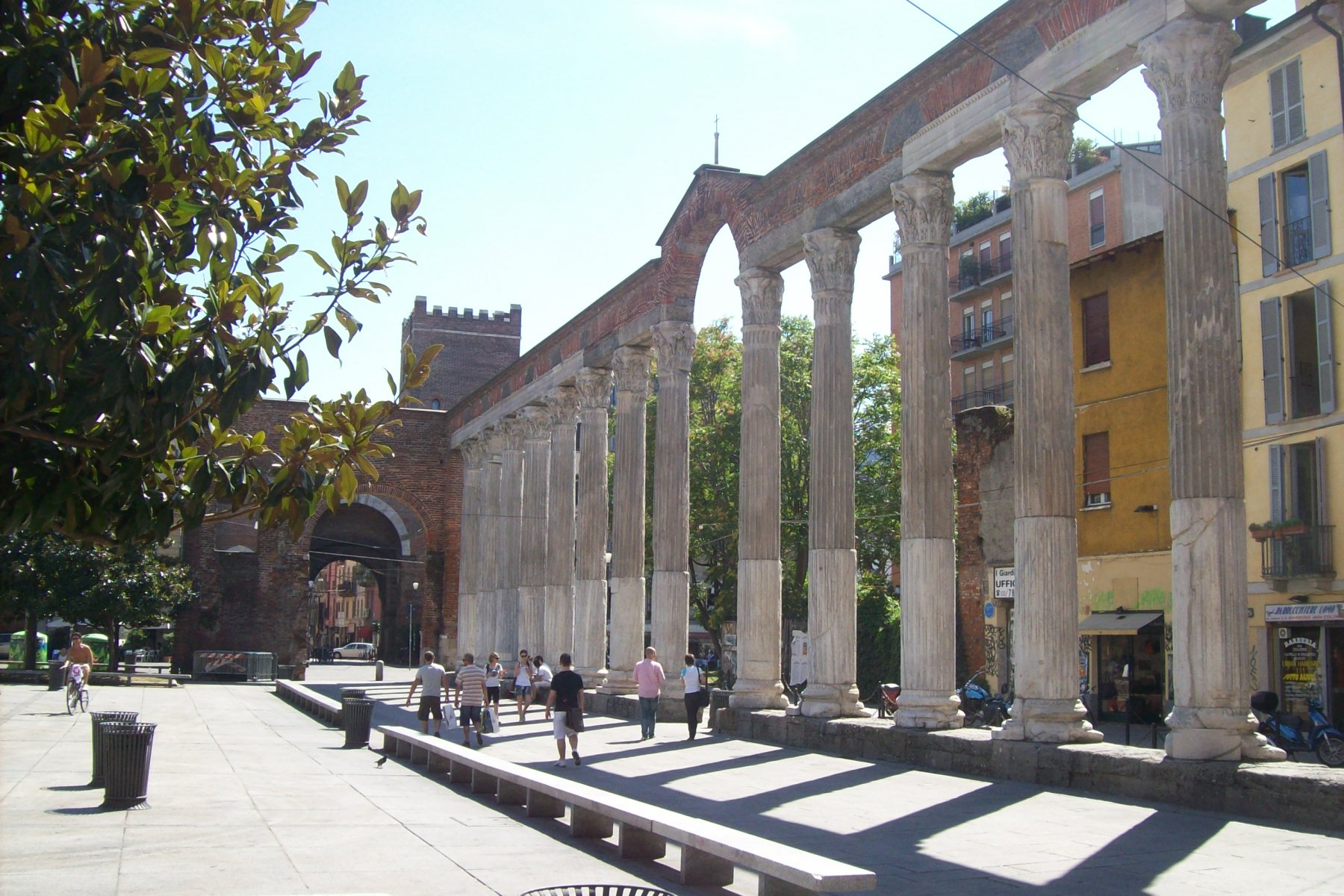Hello everyone ![]()
This year, ICFP (the International Conference on Functional Programming) is going to take place in beautiful Milan.

Such as every year since 2012, on the last day of that conference, i.e. on September 7th (Saturday), we’ll hold a workshop on OCaml. The workshop is intended to cover all different kinds of aspects of the OCaml programming language as well as the OCaml ecosystem and its community, such as scientific and/or research-oriented, engineering and/or user-oriented, as well as social and/or community-oriented.
Call for talk proposals
The call for talk proposals for the workshop is open.
Dates
Here are the important dates:
- Talk proposal submission deadline: May 30th (Thursday)
- Author notification: July 4th (Thursday)
- Workshop: September 7th (Saturday)
Submissions
Submissions are typically around 2 pages long (flexible), describing the motivations of the work and what the presentation would be about.
We encourage everyone who might be interested in giving a talk to submit a proposal! We truly mean everyone, and also have strongly anyone in mind who belongs to a group that’s traditionally underrepresented at OCaml workshops, e.g. due to your gender(s) or non-gender, where you’re from or based or whatever other kinds of characteristics you might have. You should all be able to find all information you’ll need to submit a proposal on the official call for talk proposals. However, if you have any question, don’t hesitate to ask us.
Quota on accepted talks per affiliation
Even though none of us is a fan of quotas, last year’s workshop experimented with a quota of a maximum of four talks given by speakers with the same company/university/institute affiliation. In order to guarantee a coverage of a diverse range of topics and perspectives, we’ll experiment with the same affiliation quota again.
Do not hesitate to submit your talk proposal in any case: quotas, if needed, will be taken into account by the PC after reviewing all submissions, so there’s no reason to self-select upfront.
About the workshop itself
So far, we’ve only talked about talk proposals and formalities. The really exciting part will be the workshop itself! It’s going to be a whole-day workshop and, similarly to previous years, it’s likely going to have four sessions of about four talks each. It’s a rather informal and interactive environment, where people engage in all kinds of conversations about OCaml during the breaks and after the workshop.
Hybrid attendance and cost for speakers
We’re aiming to make the workshop hybrid with the same streaming modalities as last year, meaning that talks as well as participation can be either in-person or remote, and remote attendance will be free. To promote a good atmosphere, communication and engagement, we prefer to have most talks in-person, but remote talks will be most welcome as well.
We know that giving the talk in-person comes with an economic cost. We’re very happy to announce that thanks to the OCaml Software Foundation, registration fees will be covered for speakers in case they can’t get them funded by other means (e.g. their employer).
We will do our best to provide the best workshop experience possible for remote participants, within the constraints of the hybrid format. While attending in-person does come with advantages, it also comes with an environmental cost, and we strongly support transitioning to a less plane-intensive organization for conferences and community events ![]() .
.
Related events
The day before the OCaml workshop, i.e. Sep 6th (Friday), is the day of the ML workshop, with focus on more theoretical aspects of OCaml and the whole family of ML languages in general. The ML workshop has already been announced on the OCaml discuss and tends to be very interesting for OCaml lovers as well.
We’re looking forward to the the talk submissions and to the workshop!
Let us know if you have any questions.
@Armael and @pitag